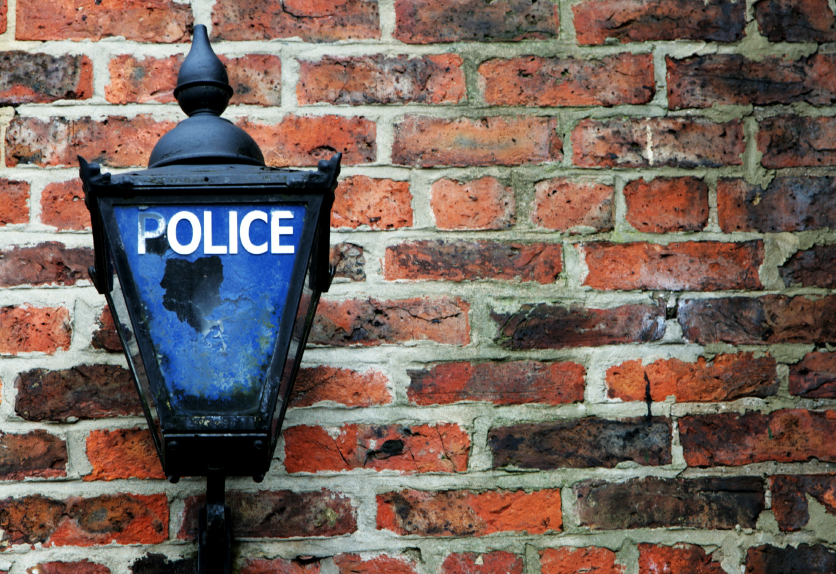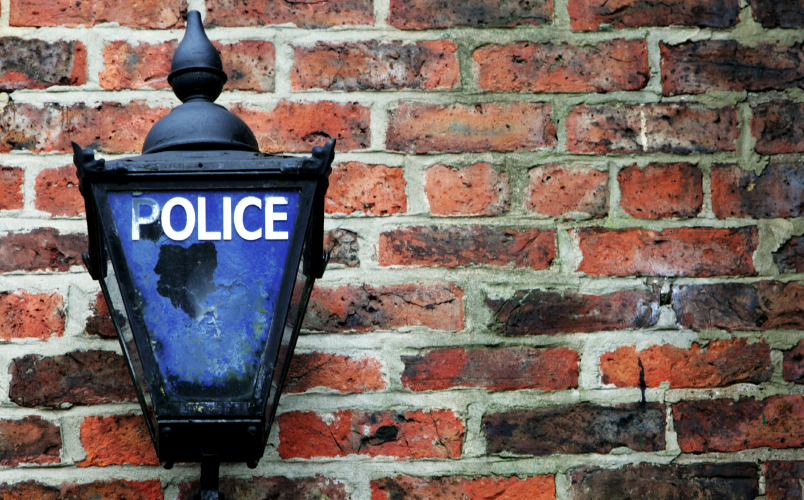 Over the course of the last Parliament the Government introduced and increased various court fees and charges in a purported attempt to reduce the cost of Her Majesty’s Courts and Tribunals Service (HMCTS) to the public purse. However, the implemented changes and proposals for further increases in fees neglected to take into account the impact on access to justice for those of modest financial means and those funded by legal aid, particularly where their claims are of relatively low financial value.
Over the course of the last Parliament the Government introduced and increased various court fees and charges in a purported attempt to reduce the cost of Her Majesty’s Courts and Tribunals Service (HMCTS) to the public purse. However, the implemented changes and proposals for further increases in fees neglected to take into account the impact on access to justice for those of modest financial means and those funded by legal aid, particularly where their claims are of relatively low financial value.
- This article was co-written bu Lana Adamou, solicitor at Bindmans, co-chair of PALG; Camilla Graham Wood, legal officer, Privacy International; Alice Hardy, solicitor at Bhatt Murphy; and Natalie Sedacca, solicitor at Hodge, Jones and Allen
In July 2015 the Justice Committee announced an Inquiry into the effects of the introduction and levels of court fees and charges and sought written submissions on this. The Police Action Lawyers Group (PALG), a national organisation comprised of lawyers who represent complainants against the police throughout England and Wales, provided written submissions to the Justice Committee, focusing on the impact the changes have had, or are likely to have, on access to justice. PALG was invited to give evidence to the Committee in December 2015.
The majority of people represented by PALG lawyers are legally-aided. The Legal Aid Agency (LAA) will only fund a claim against a public authority if the claimant is financially eligible for legal aid and if their claim is ‘proportionate’, meaning that the LAA must be satisfied that the likely benefits of the proceedings justify the likely costs or, to use language of the LAA, meet the ‘costs benefit criteria’. If settlement is not achieved in the early stages of litigation, the costs of bringing such claims increase, and so too does the risk that the LAA will withdraw funding on the ground of proportionality.
Once a defendant is informed that a claimant is legally-aided, they may seek to exploit this prospect by delaying or simply refusing to settle a claim, thereby forcing the claimant to incur further costs and increasing the risk that the LAA will withdraw funding before the claim has concluded. In the past, such situations may have been dealt with by way of an alternative method of funding, such as a Conditional Fee Agreement (for instance, a ‘no win, no fee’ style agreement) but, since the Jackson reforms in 2013, such agreements are generally now not available for claims brought by PALG members’ clients due to the unavailability of after-the-event insurance. As such, if legal aid funding is withdrawn, many PALG members’ clients would have no option but to either seek pro bono representation, represent themselves, or abandon their claims altogether.
The Government has announced that, in addition to the current fee increases, there will be an increase in fees for general applications in civil proceedings. The party making the application is responsible for paying the fee. In PALG’s experience, the need for contested applications often arises because of unreasonable behaviour on the part of the defendant (for instance, a refusal to disclose documents to which a Claimant is entitled) and, in such circumstances, are unavoidable if the case is to proceed on an equal footing.
For legally-aided claimants, the increased fees for general applications will increase their overall costs and, as already explained, will make it more difficult for them to satisfy the LAA’s costs benefit criteria until the conclusion of their case. To avoid this, some claimants may decide not to pursue applications which are advisable but not absolutely essential.
The Government also proposes to increase fees for claims for ‘any other remedy’, which will affect claims under the Human Rights Act (HRA) 1998 and the Equality Act (EA) 2010. Where a claimant issues a claim for damages and a declaration that their HRA or EA rights have been breached, they must pay both the usual issuing fee plus a fee for the declaration. It does not cost the Court any more to issue such a claim, and so the claimant is already effectively being double-charged. Despite this, the Government proposes to increase the fee for a declaration by 10%. For legally-aided claimants, this sizeable disbursement is likely to deter many from seeking such declarations in order to minimise their costs.
An increase in the fee for issuing in the Court of Appeal by 10% is also proposed by the Government. Given the manifest public interest in ensuring that erroneous decisions of the lower courts are put right, it is submitted that increased fees should not be imposed on appellants. If it is, the Government should at least ensure that the costs of issuing an appeal are not taken into account as part of any proportionality assessment for the purposes of legal aid.
In respect of reducing the cost of HMCTS on the public purse, there will be no such reduction as far as legally aided parties are concerned as court fees will be paid for by the LAA which is, like HMCTS, funded by the taxpayer. Additionally, the vast majority of cases brought by PALG members’ clients are against state bodies, which are also funded by the taxpayer so, even if a defendant in such cases is ordered to pay the costs, the increased court fee will still ultimately be paid for by the taxpayer.
Another serious concern is that, where proportionality issues result in legal aid funding being withdrawn, this may result in the aggrieved party continuing with their claim as a litigant in person, placing further strain on the courts in terms of time, resources and money.
The Government has suggested that the court fee remission scheme will assist parties who are of modest financial means. The financial eligibility criteria for fee remission is similar to that for legal aid, so a majority of people who are eligible for a fee remission will not be assisted by it as they will already have legal aid in place (fee remission is not available to the legally-aided). Further, those who are not eligible for legal aid or fee remission, but are still of very modest means, will be denied access to justice if they cannot afford to pay the significantly increased court fees.
The problems addressed above are further exacerbated in circumstances where it is necessary to issue proceedings protectively, such as where claims have short limitation periods or where, for instance, the outcome of a complaint against the police is awaited before proceeding. Such claims will often be settled or discontinued without the court having to take any further steps and it is therefore particularly unjust to increase fees in these circumstances, where the claimant may, through no fault of their own, not be in a position to properly analyse the prospects of success. It is therefore particularly unjust to charge the same, extremely high fee at the outset where a claim is simply being issued at court protectively, particularly if one of the objectives of the increased fees was to cover the costs of the court’s time on a particular case.
After a raft of deleterious Government changes to legal aid and civil litigation generally in recent years, the existing and proposed increases to court fees risk further restricting access to justice to those of modest financial means, when justice ought to be for all, and not just for those who can afford it.






